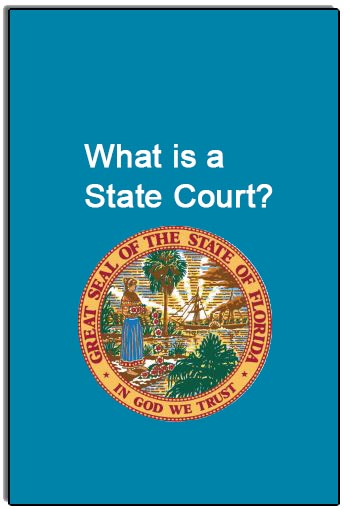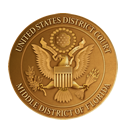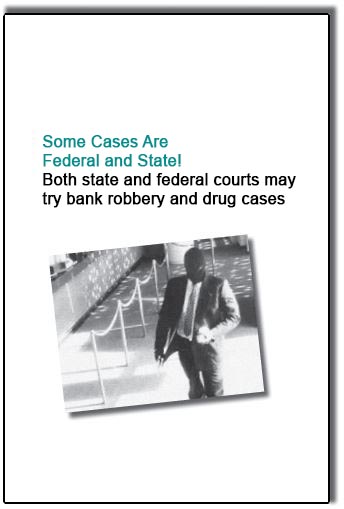The United States Constitution gives some powers to the federal government and leaves other powers to the state.

The powers of the federal government involve the whole nation—regulating commerce between states and with foreign countries, providing for the national defense, and administering federal lands.
Federal courts are established by the United States Constitution and decide disputes concerning the federal constitution, laws passed by Congress, and actions by federal and state officials.
Federal courts also apply state law where a dispute involves citizens of different states.
What Kinds of Cases Are Tried in Federal Courts?
Although federal courts hear fewer cases than state courts, the cases they do hear are often more complicated and can have national importance.
For the most part, federal courts decide cases involving violations of the United States Constitution or federal laws, cases between citizens of different states, and some special kinds of cases, such as bankruptcy, patent and trademark, voting rights, contract disputes, suits involving the government, libel, environmental matters, immigration, employment disputes, and cases involving maritime law.
Bankruptcy laws allow people or businesses that can no longer pay their debts to reorganize their finances, get a fresh start, or liquidate property to pay creditors.
Federal laws make certain acts criminal. Crimes prosecuted in a federal court usually have a connection to the federal government or business between states. Federal crimes include robbing a bank whose deposits are insured by a federal agency, the sale or possession of illegal drugs, fraud, use of the United States Postal Service to swindle consumers, and intentionally dumping polluants in the environment.


